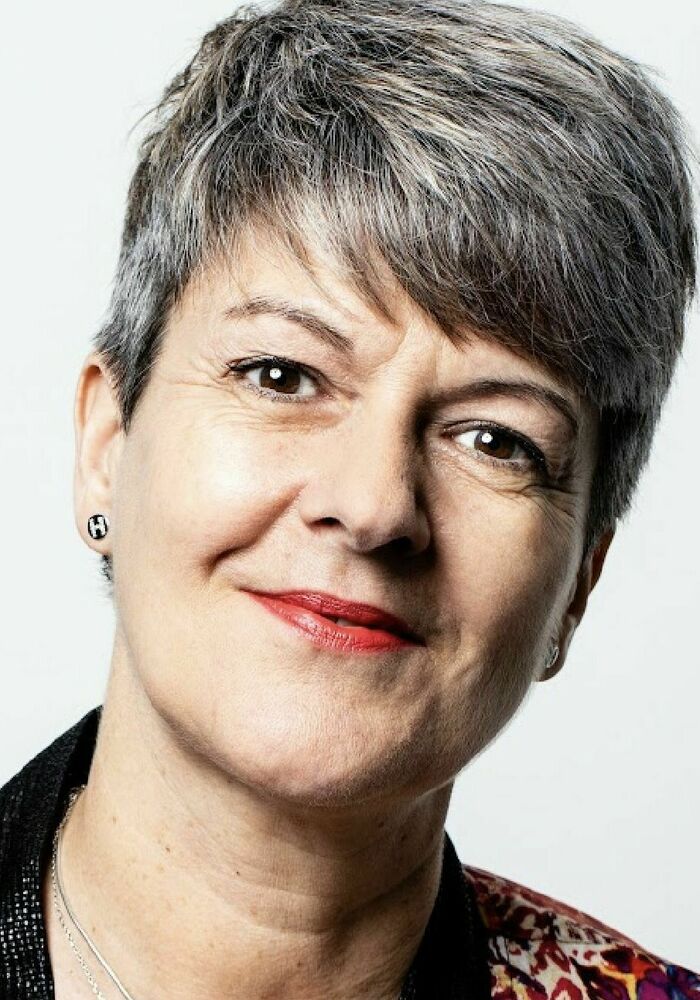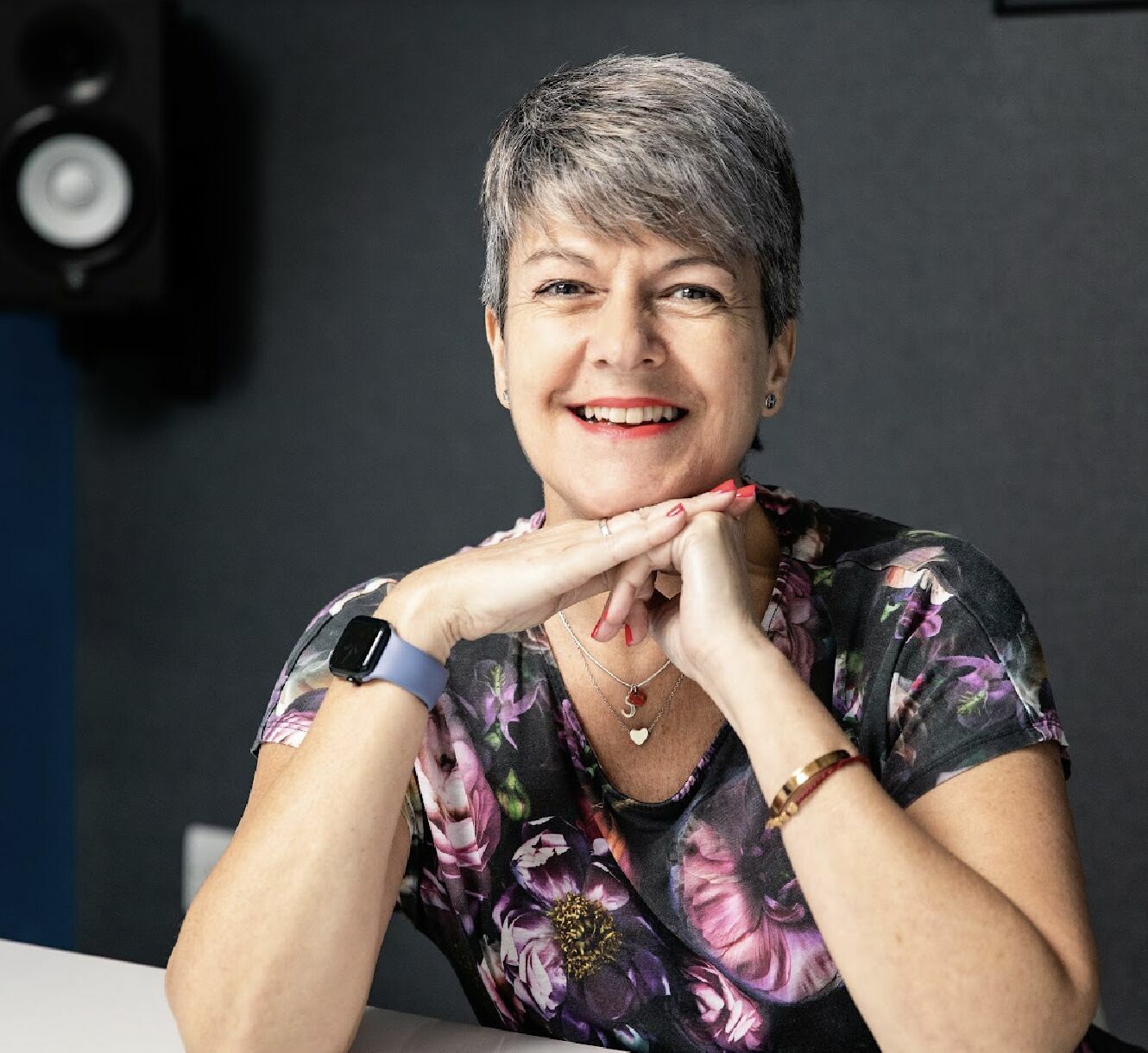New AIM (Association of Independent Music) CEO Silvia Montello has spoken to Headliner about her plans for the organisation in 2023, the economic issues that are threatening to turn the industry into a 'monoculture', and why it’s a great time to be an independent artist.
Montello, who is replacing outgoing AIM CEO Paul Pacifico, brings 30 years of experience to her new role. Most recently, she served as CEO of the global trade body the Association for Electronic Music (AFEM), and has held senior positions at Universal Music Group, BMG and AWAL, as well as fast-growing startup Blokur. She also founded music and marketing consultancy Voicebox Consulting in 2011, which works with charities, non-profits and SMEs.
An active campaigner for diversity, equity and inclusion, Montello co-founded #remarQabl, an electronic music-focused label services and publishing company supporting new talent from under-represented backgrounds. She is also committed to educating the music industry about neurodiverse conditions and how best to work with neurodiverse talent.
Furthermore, she is a Trustee of Help Musicians charity and Chair of Trustees for Music Minds Matter, Help Musicians' dedicated mental health service for the whole UK music community. She sits on the Advisory Board for Moving The Needle (UK), an educational platform supporting women in the record industry.
As as AIM member for several years, she is currently part of AIM’s Small Labels Committee, and has previously sat on its Distribution Group which advised on the Digital Distribution Switch Code initiative led by AIM COO Gee Davy.
Here, she sits down with Headliner to outline her vision for AIM and the indie community, as well as the biggest challenges and opportunities facing the sector today.
Congratulations on the new role. How did it feel to find out you had landed the position of CEO at AIM?
It was a delight. From the point where I got the call saying I was being offered the role there was a bit of me that couldn’t believe it. It’s such an exceptional role, so I was absolutely delighted and excited for it. And when it was made public last week the response was overwhelmingly positive. I’ve been really heartened by people’s reaction to the news and I feel very humbled by that, and very excited that people seem to have trust in my ability to do a great job for AIM and to continue the great work it has been doing.
What prompted you to apply for the role, and what will you look to bring to it?
AIM is an organisation that I have been following since its inception. I’ve been in the industry for over 30 years, so I remember when it first started. As my career has progressed more into the independent sector I’ve got closer and closer to it from within the industry and from running a small label myself. So when this came up it felt like the time in my career where I have the experience, the network, and the knowledge to do something like that justice. And it feels like a really exciting time for the community. There are obvious challenges but there are also great opportunities, and there is just a wealth of fantastic new independent talent coming through all the time.
What are your top priorities when you start in January?
The main thing is going to be learning how the organisation has been working from the inside and understanding from the membership how they are feeling about the industry at large; how they are feeling about what 2023 and beyond is going to bring; and from there making any decisions that need making about where we put our focus.
We’ll be looking ahead at what the impact of a lot of technological changes are going to be, the impact of the expansion of the Metaverse, AI, and some of the challenges that people are starting to be concerned about. And of course, the real nuts and bolts stuff of how we support the independent rights holders and the artists they represent to make sure that people can make a living making music, and how they can get every penny that is due to them from all of the different revenue streams available to them.




